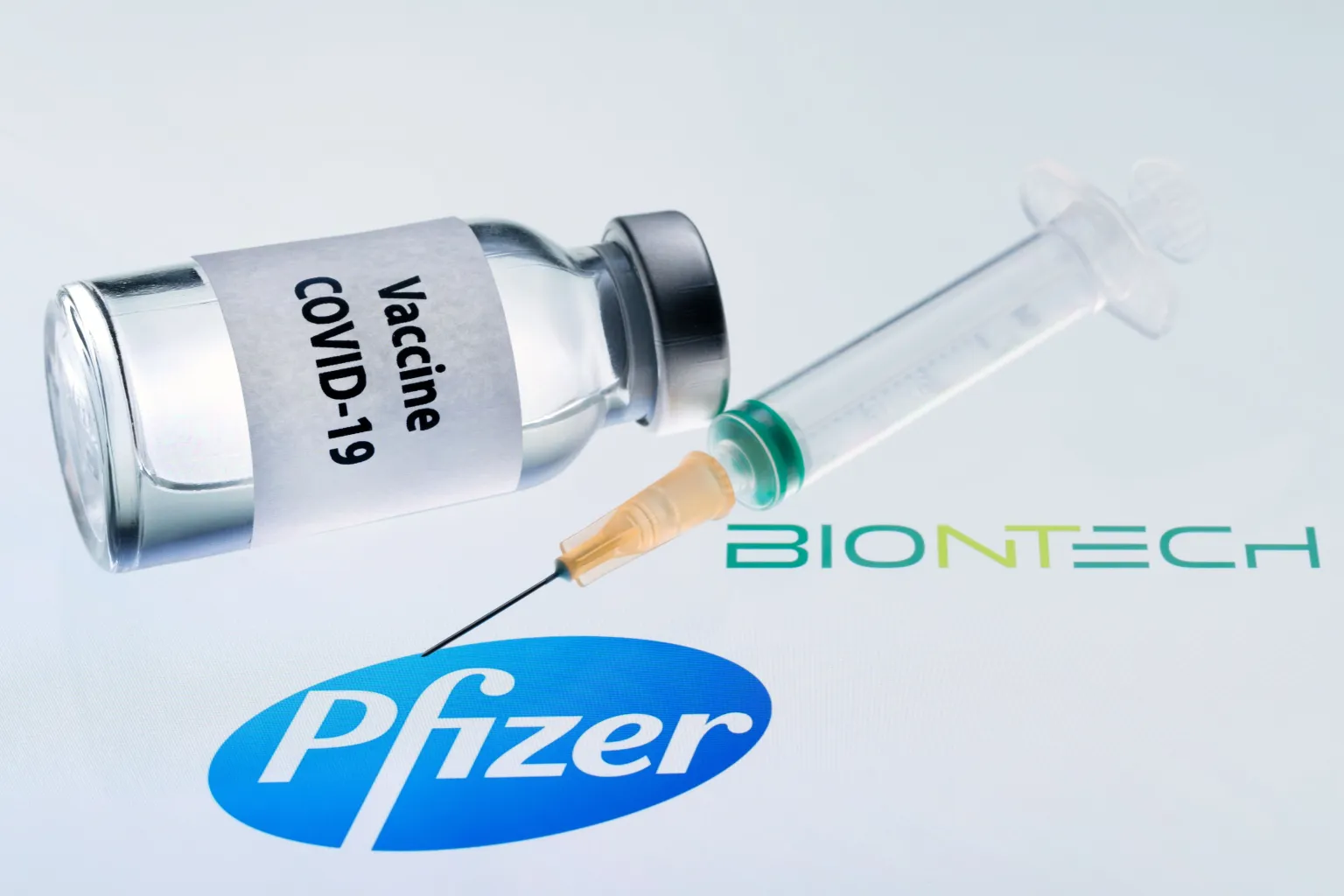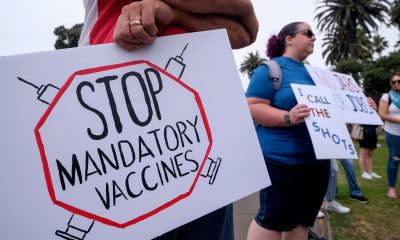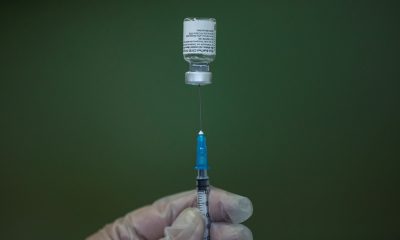A new preprint study led by the U.S. Food and Drug Administration (FDA) has detected a potential “safety signal” for seizures and convulsions in young children after receiving the monovalent Pfizer or Moderna mRNA COVID-19 vaccines.
Researchers observed the condition in children ages 2-4 for the Pfizer vaccine, and ages 2-5 for the Moderna vaccine. The total number of cases was 72, with over 50% meeting the definition for febrile seizures.
The signal emerged through near real-time surveillance of more than 4 million vaccinated children.
The researchers of the preprint study cautioned that the results “should be interpreted carefully given study limitations.”
The study also identified a myocarditis/pericarditis safety signal in mostly male children 12-17 years old. However, since each of these conditions were a “known adverse outcome,” according to the researchers, they did not conduct any further follow-up.
Data for the study were collected through health claims records from CVS Health, Optum and Carelon Research, which participate in the FDA’s Center for Biologics Evaluation and Research, and supplemented with data from state and local immunization information systems databases.
READ ALSO: New study exposes flaws in claims that COVID Vaccines saved millions of lives
The study covered reports through January, February or March of this year — as little as 6 months after the approval of vaccinations for younger children.
The study reviewed 21 pre-specified health outcomes after exposure to the Pfizer, Moderna and Novavax monovalent COVID-19 vaccines in children 6 months to 17 years, and identified only these two safety signals as statistically significant.
Children receiving a bivalent COVID-19 vaccine were not included in the review. The FDA authorized Moderna’s and Pfizer’s updated bivalent vaccines in December 2022, for infants as young as 6 months.
The study authors note the results do not establish a causal connection between vaccination and the observed outcomes.
First, despite the data described above, the authors concluded they did not find a strong pattern of clustering near the date of vaccination (day 0 or 1).
Second, they did not adjust for confounding factors such as prior medical history, existing infections or other variables. Febrile seizures, for example, typically occur in children 6 months to 5 years old when they have a fever over 100.4°F. Most febrile seizures last less than 15 minutes and are not life-threatening.
READ ALSO: Why I would not recommend new COVID vaccine to humans—expert
Third, the signal disappeared altogether when they used the 2022 background rate for seizures and convulsions rather than the 2020 background rate. This suggests the possibility that there may be other factors at work other than the vaccines, though the researchers did not investigate further.
A search of the Vaccine Adverse Event Reporting System (VAERS) database showed 70 cases of seizures and 20 cases of convulsions in children 2-5 following COVID-19 vaccination. Assuming a conservative underreporting factor of 40 that could mean well over 3,000 cases occurred.
As the current study did not consult the VAERS database, it remains unknown how many of the VAERS reports were studied. However, the FDA study states that this safety signal had “not been previously reported for this age group in active surveillance studies of mRNA COVID-19 vaccines.”
The Centers for Disease Control and Prevention (CDC) reports that as of May, 2.2 million children ages 6 months to 4 years had received at least one dose of a COVID-19 vaccine — about 13% of that population.
Vaccination for children under 12 began on Nov. 2, 2021, when the CDC recommended Pfizer’s vaccine for children ages 5-11.

 Health1 week ago
Health1 week ago
 Business1 week ago
Business1 week ago
 Latest1 week ago
Latest1 week ago
 Health6 days ago
Health6 days ago
 Football6 days ago
Football6 days ago
 Latest1 week ago
Latest1 week ago
 Crime6 days ago
Crime6 days ago
 Latest1 week ago
Latest1 week ago











